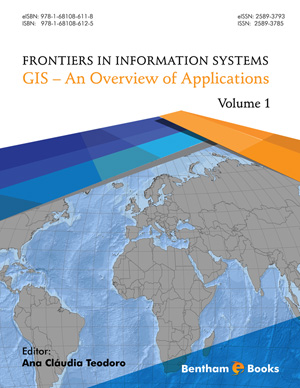Abstract
Agent-Based Models (ABM) are becoming more relevant in computational social science (CSS) due to the potential to model complex phenomena that emerge from individual-based interactions. Most tourism theoretical models recognize the complex nature of the tourism system, and complexity is a subject of growing interest among researchers. Geosimulation models (GM) are presented as potential tools to address tourism in a complex systems lens. Particularly ABM, has a GM tool, as captured growing interest by tourism researchers, however there is little empirical application as a tool to explore and predict tourism patterns. The purpose of the chapter is to frame ABM in GM following a complex systems theoretical approach, in order to increase knowledge by (i) considering the complex nature of tourism, (ii) providing tools to explore the interactions between system components, (iii) discussing the potential for coupling ABM and Geographical Information Systems (GIS) in tourism research, and (iv) giving insights on the functioning of the tourist behaviours and decision-making process through an ABM approach. Also a theoretical ABM is developed to improve knowledge on tourist decision-making in the selection of a destination to vacation. Tourists’ behaviour, such as individual motivation and social network influence in the vacation decision-making process are presented. On-going work on loose coupling of ABM and GIS is discussed.
Keywords:
Agent-Based Models, Cellular Automata, Complexity, Computational social science, Decision-making process, Distribution patterns, Exploratory analysis, Geosimulation, Geographical Information Systems, Heterogeneity, Ifthen rules, Individual-based, Interaction, Non-linearity, Scenario development, Simulation, Tourism, Tourist behaviour, Tourism system.


 Download PDF Flyer
Download PDF Flyer